337 total views today
By Folasade Akpan
The Federal Capital Territory Administration (FCTA), has adopted the “Code of Conduct, Rules, Regulations for Primary and Secondary Schools in Nigeria”.
Presented to stakeholders in Abuja on Monday, it is a comprehensive document that provides an all-inclusive and uniform guideline for both private and public primary and secondary schools in Nigeria.
The project was funded by United Nations Educational, Scientific and Cultural Organisation (UNESCO) and implemented by Society for Family Health (SFH).
Mr Danlami Hayyo, Secretary for Education, FCT Educational Secretariat, at the presentation of the document, said that school rules and regulations were veritable tools for the smooth running of schools and the overall interest and benefit of the learners.
“There is no denying the fact that, what makes for quality education anywhere in the world is not just the presence of grandiose structures and facilities.
“More importantly, it is the quality of teaching and learning within a safe, secured and friendly environment devoid of any school related gender-based violence.
“Basically, within and outside the school environment, the child learner deserves the right to be protected from any form of physical, sexual and emotional abuse.”
According to him, the document resulted from collaborative work with major stakeholders in FCT, with the hope that discipline is instilled and nurtured in schools and learners at all levels.
The Deputy Director, Health and HIV at the Secretariat, Mr Solomon Johnson, said that the document was developed to have a unified set of rules or regulation in Nigeria to guide the conduct of both learners and teachers in the school system.
“This one is for FCT and is domesticated for FCT, it was done in conjunction with the Ministry of Education, UNESCO, SFH and the purpose is to have unified rules and regulation and code of conduct.
“So that what is obtainable in FCT is obtainable everywhere in Nigeria and where there is a violation, we have a set of punishment meant for every offence that is committed.
“With the unveiling and adoption of the document, it has become something that needs to be used in all schools from now onwards.”
Speaking about the reason why such document was developed, the Programme Coordinator, SFH, Peace Ikani, said that it was in response to Family Life Health Education in schools.
She said that one of the organisation’s goals was HIV intervention and one of the ways to prevent HIV in schools is to have safe schools.
“In 2019, SFH was contracted by UNESCO to develop and carry out an assessment to determine the level of inclusion of school rules and regulations/guidelines in Nigerian schools.
“This was to reduce Gender-Based Violence directed at school learners and to create a safe space for learners at all levels.
“The assessment was geared towards implementing the ‘Our Rights, Our Lives, Our Future’ (O3) Project in Nigeria.”
According to her, a research was carried out in Kaduna, Cross Rivers and FCT to analyse the existing gaps in the regulations.
She added that the research also proposed recommendations that would improve the quality of life and learning among learners in and around school environment.
Stakeholders present advocated that the document be distributed to all students and teachers so they could be aware of the provisions in it.
It would also help them conduct themselves properly in line with the provisions of the document and also know their rights as students or teachers.
The News Agency of Nigeria (NAN) reports that the development, adoption and dissemination of the document will be done through a co-creation process by the technical stakeholders in the first selected five states.
NAN also reports that the five states are Ebonyi, Lagos, Nasarawa, Taraba, Cross River and FCT.
It will then be adopted by the Ministry of Education as the minimum standard for schools in their respective states. (NAN) (www.nannews.ng)
Edited by Abiemwense Moru





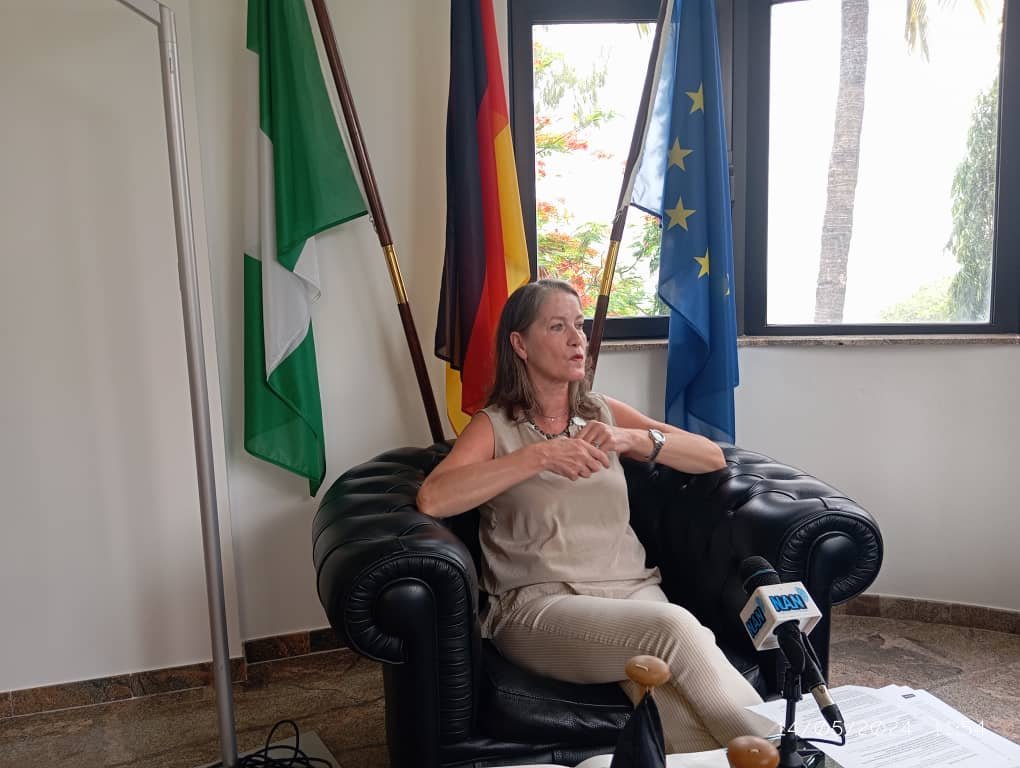

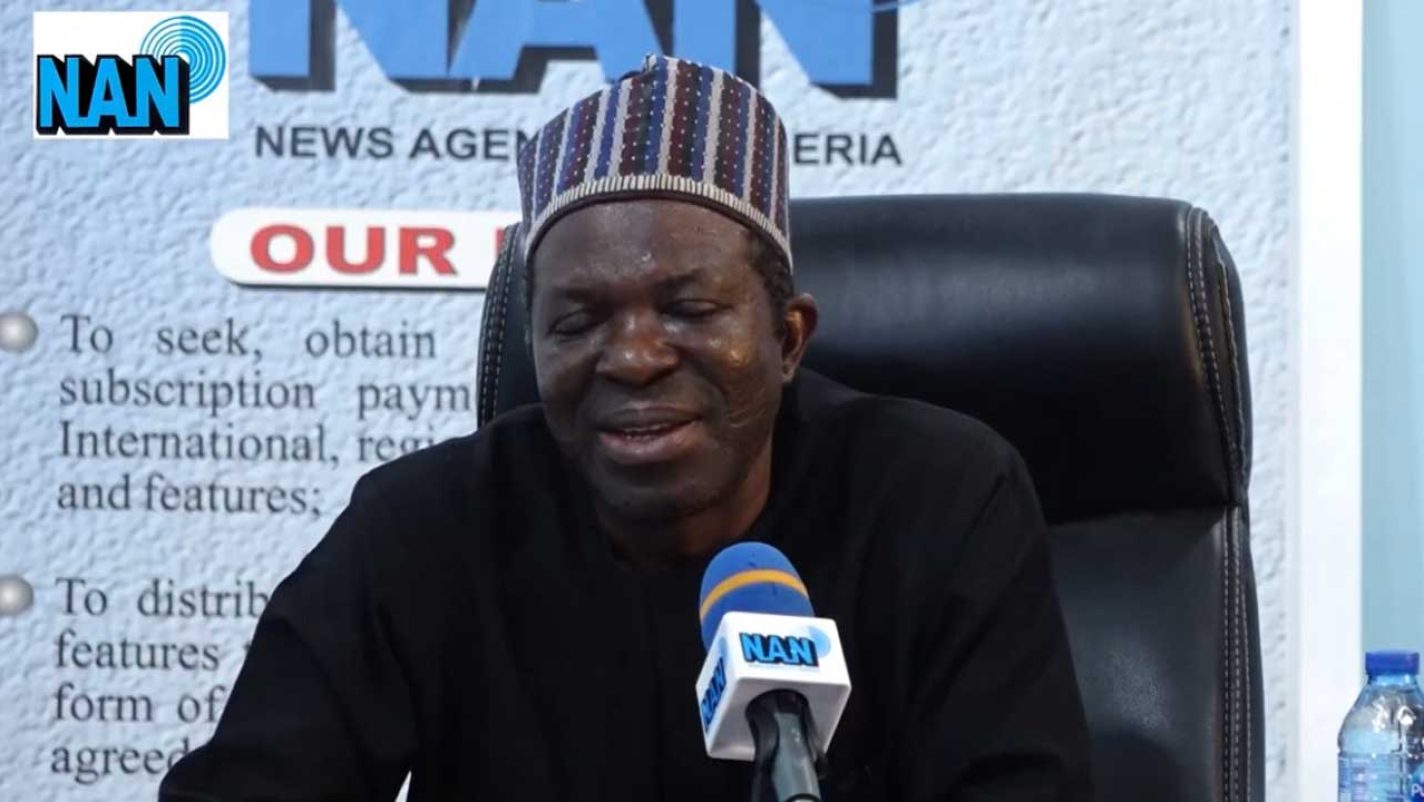
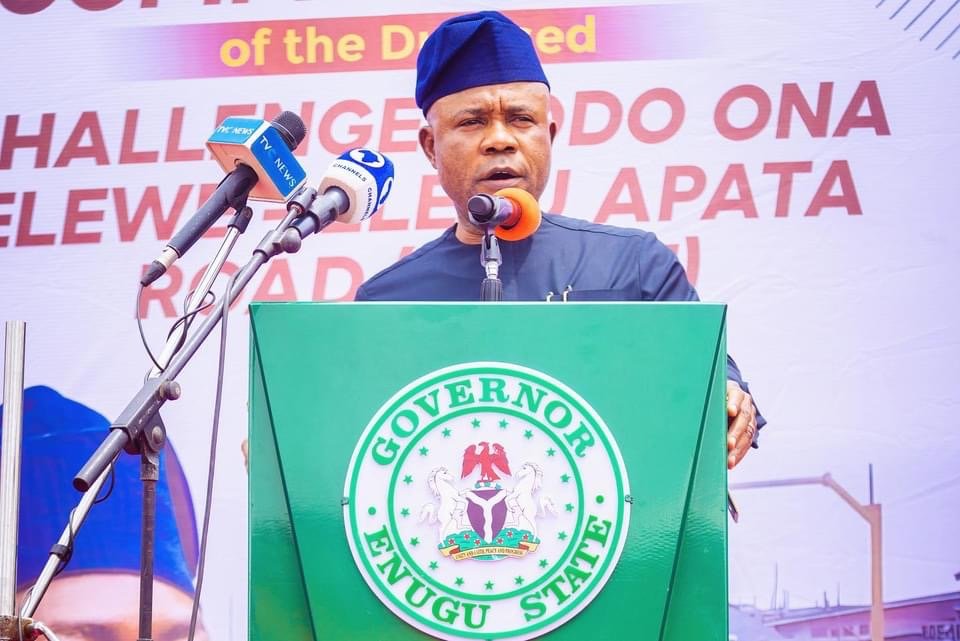



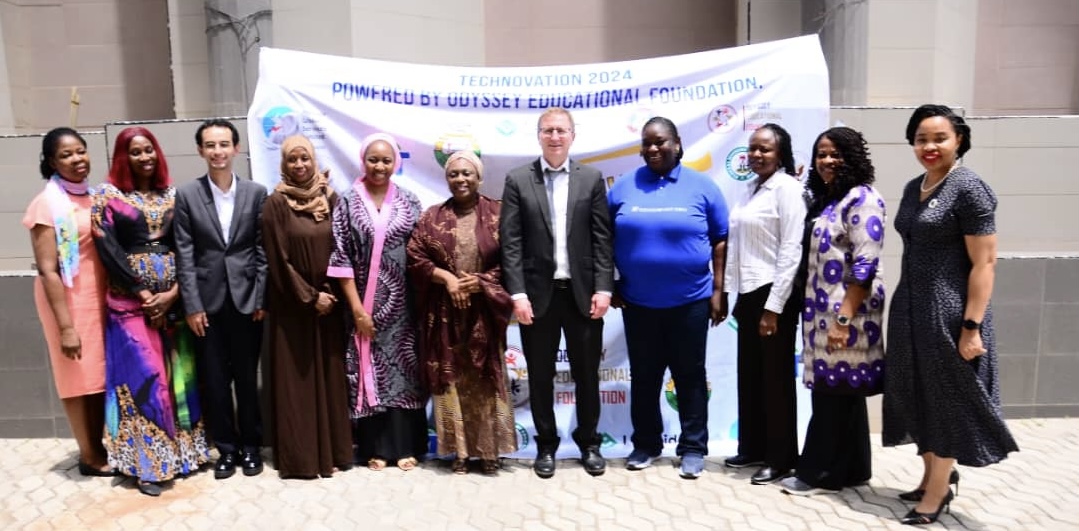
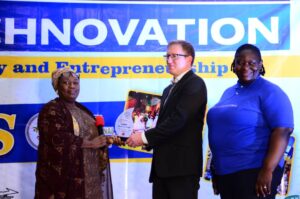 Uzochukwu-Dennis expressed profound disappointment over the lack of financial support from the government and agencies, in spite of the programme’s numerous benefits and immense potential.
Uzochukwu-Dennis expressed profound disappointment over the lack of financial support from the government and agencies, in spite of the programme’s numerous benefits and immense potential. She expressed her belief in the power of technology to drive change and the potential of youth to lead this transformation.
She expressed her belief in the power of technology to drive change and the potential of youth to lead this transformation.
